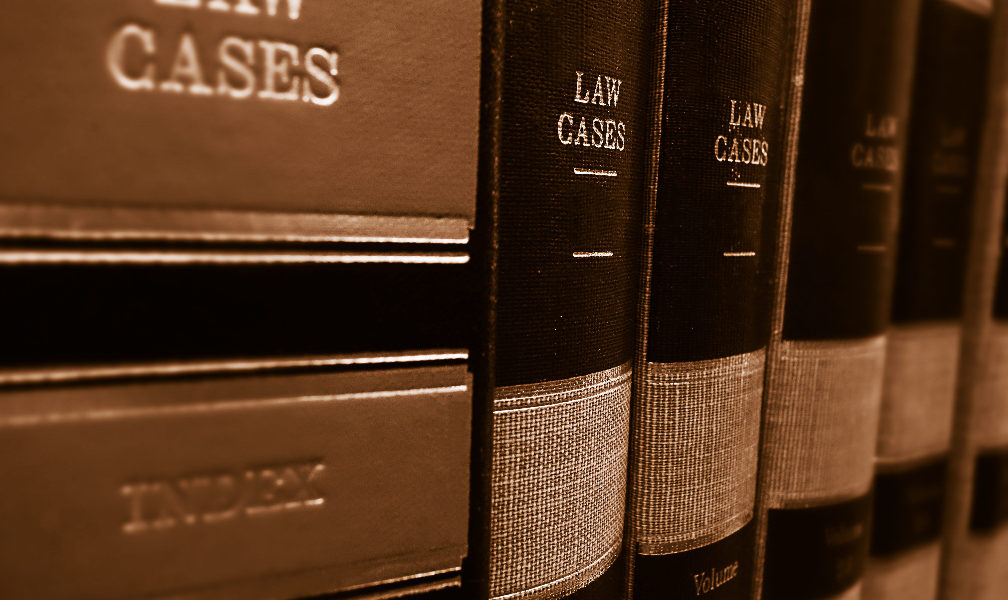An important tool in consumer attorneys’ toolbox is the Consumer Legal Remedies Act (“CLRA”). The purpose of the CLRA is twofold — to protect consumers against unfair and deceptive acts and practices, and to provide a mechanism for honest businesses to avoid meritless and harassing lawsuits.
The CLRA applies to the sale of goods to “consumers.” “Consumers” are defined as individuals who purchase or lease any goods or services for personal, family or household purposes. Civil Code §1761(d). Since the Act protects only “individuals,” it does not protect entities such as corporations, partnerships, or limited liability companies, but it does render such entities, as well as other individuals, liable for violations of the Act.
Acts Prohibited by the CLRA
The CLRA prohibits many enumerated methods of unfair competition and unfair or deceptive acts or practices perpetrated on consumers in connection with the sale of goods or services for personal, family or household purposes. The following is not a detailed list of all prohibited acts, but lists those typically asserted by consumer attorneys:
- Passing off goods or services as those of another.
- Misrepresenting the source, sponsorship, approval, or certification of goods or services.
- Misrepresenting the affiliation, connection, or association with, or certification by, another.
- Using deceptive representations or designations of geographic origin in connection with goods and services.
- that goods or services have sponsorship, approval, characteristics, ingredients, uses, benefits, or quantities that they do not have.
- that goods or services are of a particular standard, quality, or grade if they are not,
- Representing that goods are original or new if they had deteriorated unreasonably or are altered, reconditioned, reclaimed, used or secondhand.
- the goods, services, or business of another by false or misleading representations of fact.
- Advertising goods and services with intent not to sell them as advertised.
- Making false and misleading statements of fact concerning the reasons for, the existence of, or amounts of price reductions.
- Representing that a transaction confers or involves rights, remedies, or obligations that it does not have or involve, or that are prohibited by law.
- that a part, replacement, or repair service is needed when it is not.
- an unconscionable provision in a contract.
- Advertising, offering for sale, or selling a financial product that is illegal under state or federal law.
Remedies Available to Consumers
The remedies a consumer may obtain for a violation of the CLRA include restitution of money obtained from the consumer in connection with the transaction, damages, punitive damages if the defendant seller has acted with fraud, malice or oppression, injunctive relief, and any other relief that the court deems proper.
Senior Citizens and disabled persons may recover additional penalties. See below.
Arbitration Provisions in Contracts with Consumers
Many contracts between consumers and sellers of goods or services contain in arbitration provision, requiring the parties to arbitrate any dispute. If a consumer sues the defendant seller for damages under the CLRA, that action is arbitrable. However, if a consumer seeks public injunctive relief under the CLRA, the arbitration provision is not enforceable.
Attorney’s Fees to a Prevailing Consumer
A consumer who prevails in an action against a defendant seller under the CLRA is entitled to an award of reasonable attorney’s fees. Reasonable attorneys’ fees will not be awarded to a prevailing defendant, however, unless the court finds that the plaintiff consumer sued the defendant seller in bad faith.
A “Safe Harbor” for Potential Defendants
As noted above, one of the purposes of the CLRA is to provide a mechanism for honest businesses to avoid meritless and harassing lawsuits. That mechanism is the right of a defendant seller to correct the claimed violation. The CLRA provides that, at least 30 days prior to a consumer filing a lawsuit against a defendant seller for damages, the consumer must notify the potential defendant of the violations claimed by the consumer, and demand a correction, repair, replacement, or other rectification of the goods or services the consumer claims violate the Act. The notice provided by the consumer may be limited to the individual consumer’s complaint, or may be on behalf of a class of individuals of which the consumer is a member.
If the potential defendant provides an appropriate correction, repair, replacement, or other remedy, or agrees to provide such a remedy within a reasonable time, and responds in writing to the consumer’s notice within 30 days after receipt of that notice, the consumer may not sue the potential defendant for damages. If the notice is on behalf of a potential class of consumers, the potential defendant may avoid an action for damages under the CLRA only if he provides or agrees to provide within a reasonable time a correction or other appropriate remedy applicable to the entire class.
However, the “safe harbor” provisions of the CLRA do not apply to claims by a consumer for injunctive relief. A consumer may obtain injunctive relief, even if he also seeks damages, but is prevented from proceeding with his claim for damages because of corrective action taken by the defendant in response to the plaintiff’s written notice to correct.
Additional Remedies for Seniors and Disabled Persons
The CLRA provides for additional remedies to consumers who are senior citizens or disabled persons. A senior citizen or disabled person may be awarded, in addition to the remedies otherwise provided by the CLRA, to a monetary award up to $5000. In addition, if the senior citizen or disabled person is entitled to recover an award in the nature of the penalty, the court may treble the amount of the penalty awarded.
* * *
The Law Office of William J. Tucker is familiar with the CLRA, and provides free initial phone consultations to purchasers and sellers of goods and services. Feel free to Schedule an Appointment.


